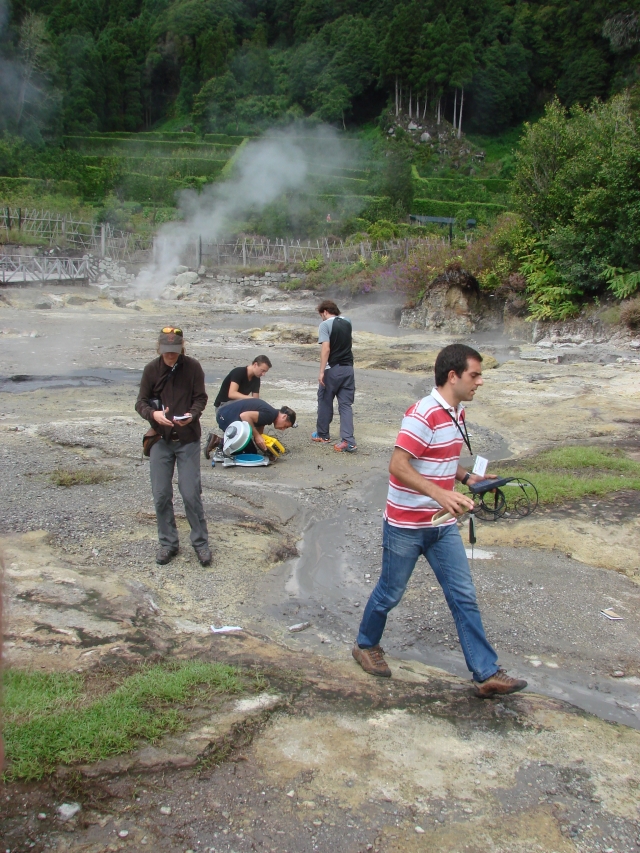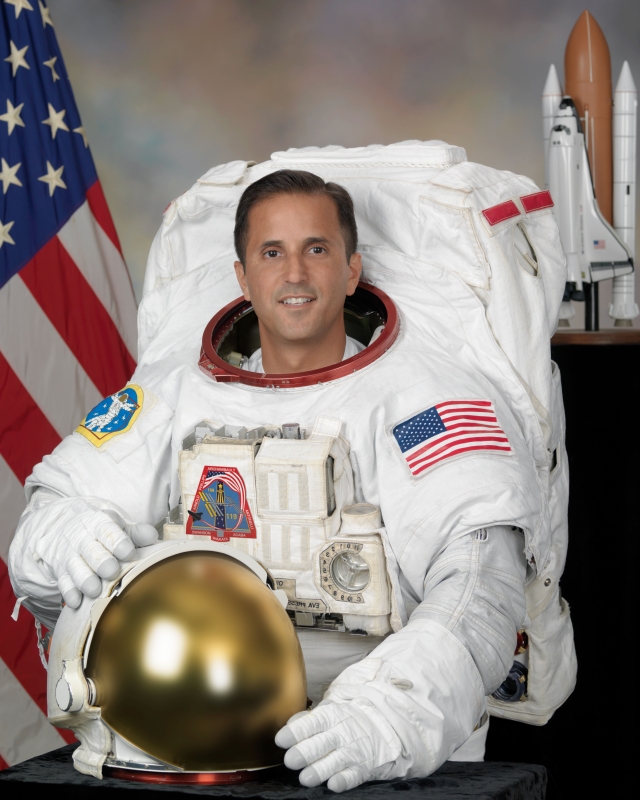Testing the Waters for Ocean Acidification
http://unh.edu/unhtoday/2015/07/testing-waters
WRITTEN BY DAVID SIMS | SCIENCE WRITER, INSTITUTE FOR THE STUDY OF EARTH, OCEANS, AND SPACE
Led by UNH biogeochemical oceanographer Joe Salisbury, a group of 15 scientists is currently aboard the National Oceanic and Atmospheric Administration research vessel Gordon Gunter on a two-leg, 34-day expedition that will help determine how humans are causing changes in the oxygen and carbon dioxide content of oceans, leading to the global acidification of seawater.











